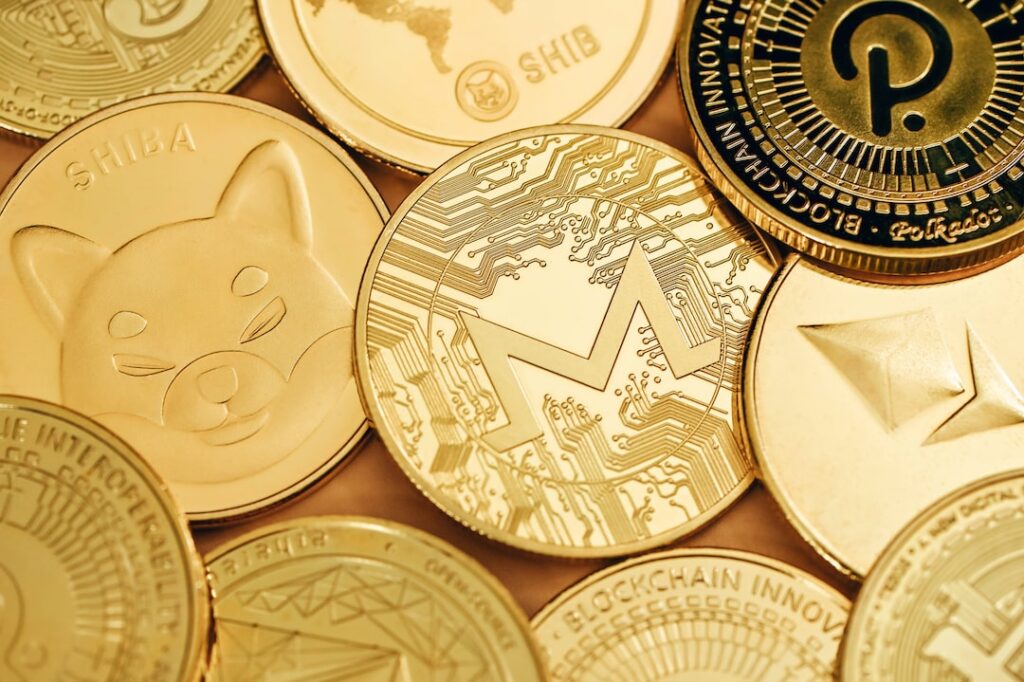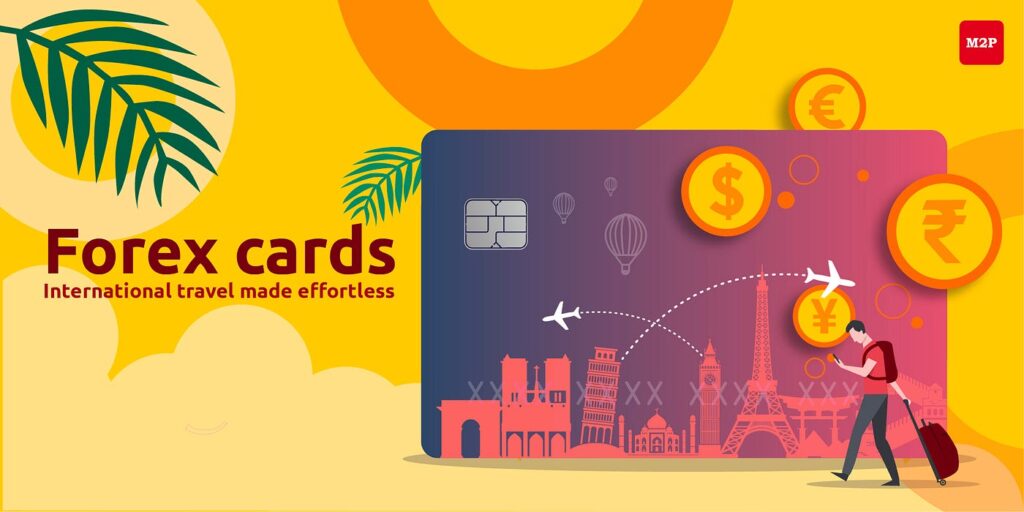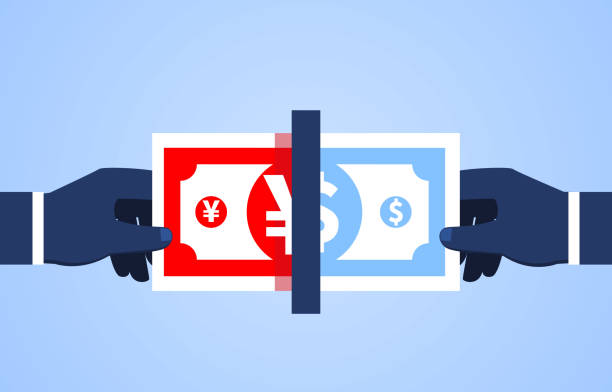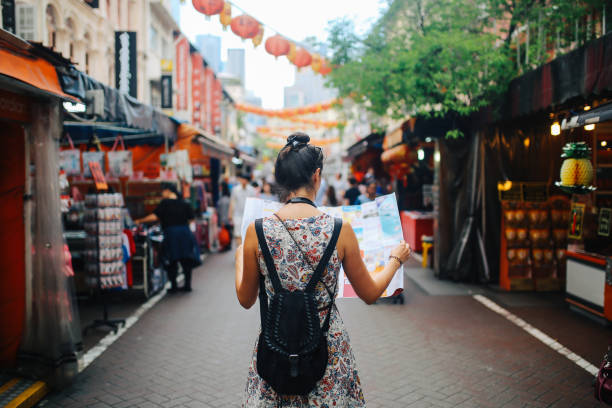Traveling abroad is an exciting adventure filled with new experiences, cultures, and cuisines. However, managing your expenses effectively is crucial to ensure that you enjoy your journey without breaking the bank. With costs for flights, accommodations, meals, and activities adding up quickly, having a solid financial plan can make all the difference. In this comprehensive guide, we’ll explore practical strategies to navigate the financial aspects of your foreign trip. By implementing these tips, you can travel smartly and fully enjoy the wonders of your journey without financial stress.

1. Buy Forex Cash
Purchasing foreign currency in cash is one of the most straightforward methods for managing expenses while traveling.
Benefits:
- Immediate Access: Having cash on hand allows you to make quick payments for transportation, meals, and tips without worrying about card acceptance.
- Budget Control: It helps you stick to a budget by limiting how much you can spend.
Considerations:
- Cost Implications: When buying forex cash, you will typically incur a fee (x% cost) based on the amount purchased. Additionally, if you have leftover currency upon returning home, exchanging it back can lead to unfavorable rates and extra costs.
Tips:
- Compare Rates: Before purchasing forex cash, shop around to find the best exchange rates from banks and authorized dealers.
- Limit Cash Purchases: Only buy enough cash for initial expenses and consider using cards for larger purchases.
2. Use a Forex Credit Card
A forex credit card can be a smart choice for managing travel expenses, especially for larger transactions.
Benefits:
- No Foreign Transaction Fees: Many forex credit cards do not charge foreign transaction fees (0% cost), making them economical for international purchases.
- Security Features: These cards often come with fraud protection and the ability to lock your card via an app if lost or stolen.
Considerations:
- Vendor Charges: Some vendors may impose additional charges for credit card transactions. Research payment practices in your destination to avoid surprises.

3. Buy a Forex Card
Forex cards are preloaded with foreign currency and are specifically designed for travelers.
Benefits:
- Better Exchange Rates: Forex cards usually offer more competitive exchange rates compared to cash transactions.
- Multi-Currency Options: You can load multiple currencies onto a single card, which is beneficial if you’re visiting several countries.
Considerations:
- Unused Amounts: Be cautious of potential charges when converting leftover funds back to your home currency. Some cards allow you to reload or withdraw remaining balances without incurring significant fees.
Tips:
- Track Spending: Many forex cards come with mobile apps that enable you to monitor your spending in real-time, helping you stay within budget.
4. Use a Forex Debit Card
Forex debit cards provide flexibility by allowing you to withdraw cash directly from ATMs abroad.
Benefits:
- Cost-Effective Withdrawals: You’ll typically only pay transaction charges set by the ATM operator when withdrawing cash.
- Emergency Access: Having a forex debit card ensures that you have access to funds in case of emergencies or unexpected expenses while traveling.
Considerations:
- Withdrawal Limits: Be aware of limits on withdrawals (up to ₹7 lakhs per PAN per year) above which Tax Collected at Source (TCS) may apply. Plan your withdrawals accordingly.

5. Currency Exchange Strategy
When traveling to countries with unfavorable exchange rates, such as Vietnam, consider this strategic approach:
Step 1: Stock Up on USD:
- Buy USD in India: Before your trip, purchase US dollars using Indian Rupees (INR) from reliable sources like banks or authorized foreign exchange dealers. This initial exchange can often be more favorable than converting directly to the local currency.
Step 2: Exchange USD for Local Currency:
- Upon Arrival in Vietnam: Once you reach your destination, exchange your US dollars for Vietnamese Dong at local banks or currency exchange offices. This intermediate step can lead to more favorable exchange rates compared to directly converting INR to Dong.
Step 3: Shop Around for the Best Rates:
- Compare Exchange Rates: Always compare exchange rates at various locations, including banks, exchange bureaus, and hotels.
- Avoid Airport Exchanges: Airport exchange rates are often less favorable due to higher fees and commissions. Opt for exchanges at local banks or designated currency exchange offices.
By following this strategic approach, you can potentially maximize your currency exchange and optimize your travel budget, especially in countries with less favorable exchange rates.

Additional Tips for Managing Travel Expenses
Set a Daily Budget
Estimate your total trip budget and divide it into daily spending limits. This practice helps keep track of expenses and prevents overspending on activities or dining out.
Use Local Payment Methods
Consider utilizing digital wallets or local payment apps that may offer better exchange rates and lower fees compared to traditional methods. Many countries have widely accepted payment apps that simplify transactions and enhance convenience.
Research Local Costs
Familiarize yourself with the cost of living in your destination. Understanding average prices for meals, transportation, and activities will help you allocate funds appropriately and avoid overspending.
Keep an Emergency Fund
Set aside a small amount of cash or have access to additional funds through an emergency credit card or savings account. This ensures you’re prepared for unexpected expenses like medical emergencies or last-minute travel changes. By implementing these strategies, you can effectively manage your expenses during your foreign trip while maximizing your travel experience. With careful planning and smart choices, you’ll be able to enjoy all the wonders of travel without breaking the bank!
